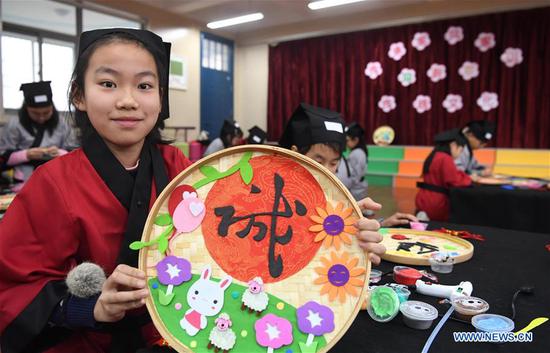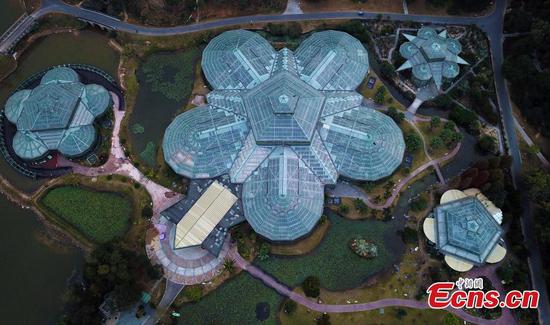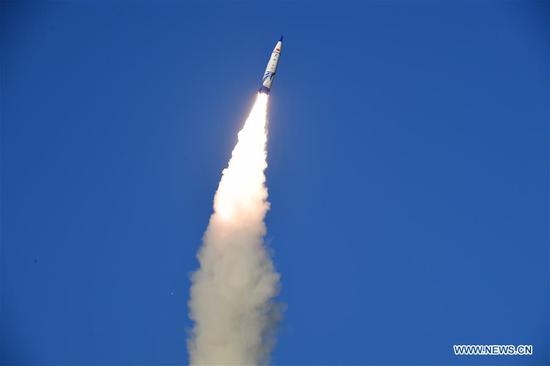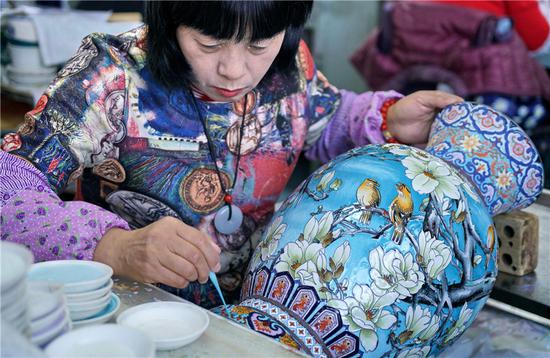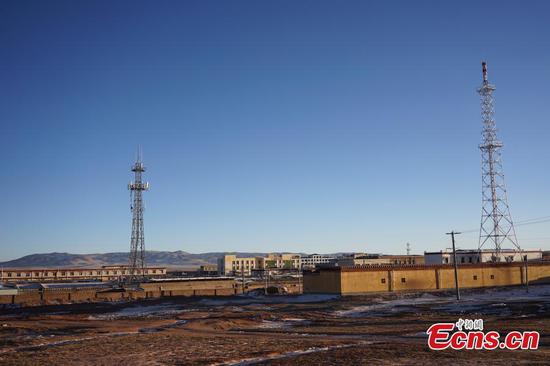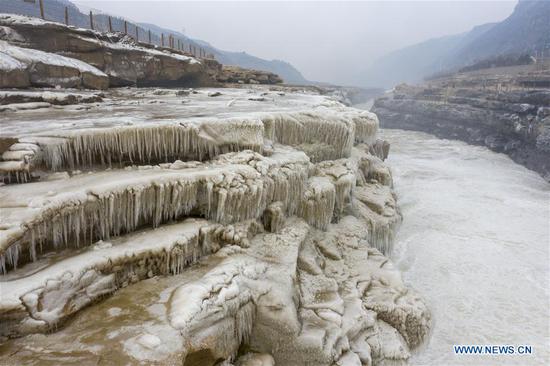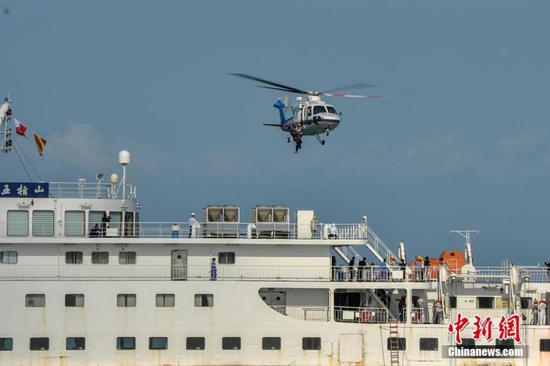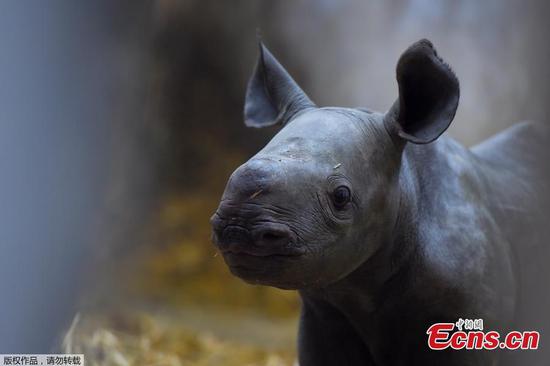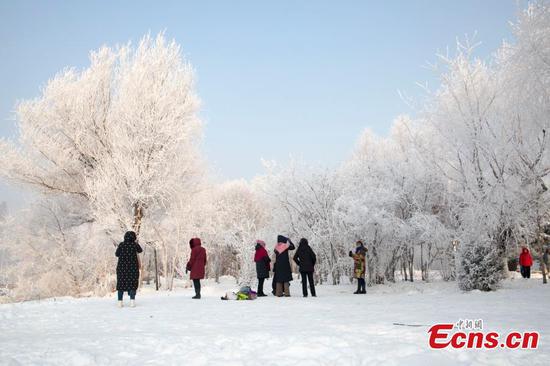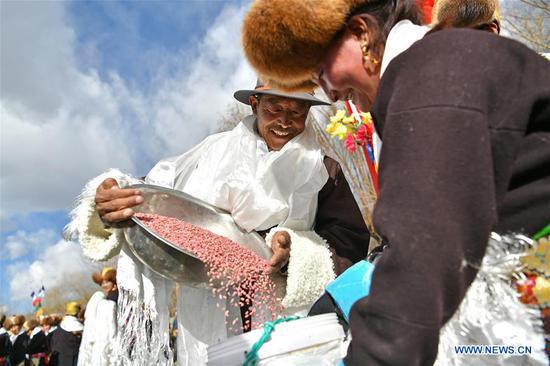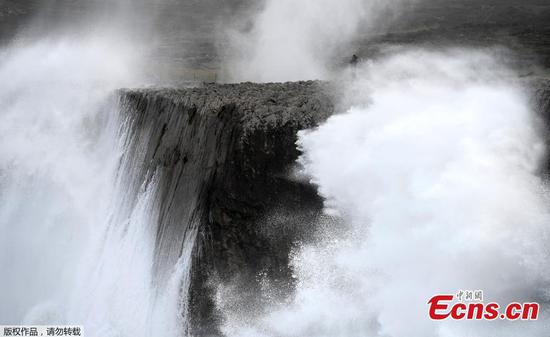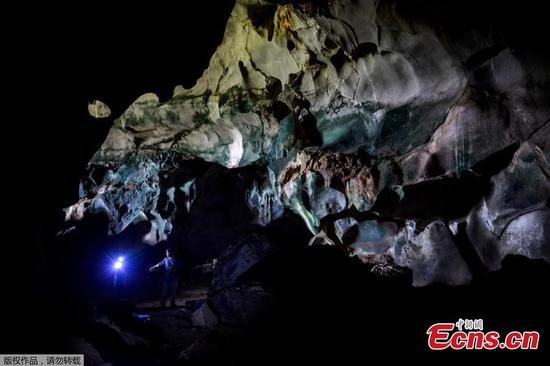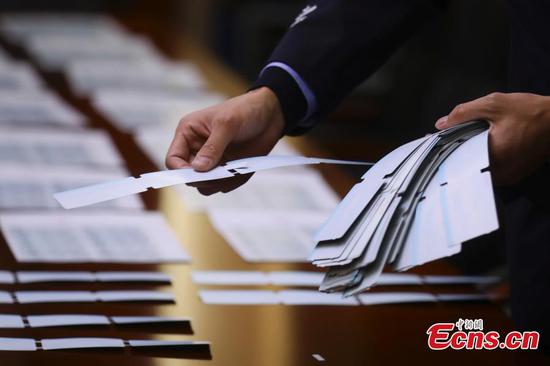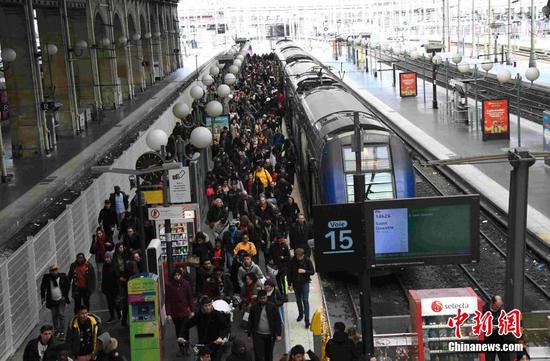China and the United States are working on necessary procedures regarding their phase one trade deal and closely communicating on other follow-up matters, the Ministry of Commerce said on Thursday.
Gao Feng, a ministry spokesman, said necessary procedures such as legal review, translation and proofreading the preliminary deal are underway. The two negotiating teams are maintaining close contact on follow-up work including officially signing the agreement, Gao said at a weekly briefing.
About two months have passed since China and the U.S. outlined the much-anticipated phase one agreement to end their protracted trade war.
The two sides agreed on the text of the partial economic and trade agreement based on the principle of equality and mutual respect earlier this month.
In a Dec 20 telephone call, President Xi Jinping and U.S. President Donald Trump both said the phase one economic and trade agreement benefited China, the U.S. and the whole world.
Trade developments continue to be a key focus for markets. Analysts said they hope China and the U.S. will come to a quick resolution, while warning that certain uncertainties persist.
In a prospective investigation into the phase one deal, Zhang Xinyuan, a researcher at Huatai Securities, said increased imports from the U.S. will mainly include crude oil, semiconductors, gas, soybeans, consumer goods, automobiles, ethanol and tourism services.
Ding Shuang, chief economist of Greater China and North Asia at Standard Chartered, said that with the phase one deal reducing downside risks facing the global economy, 2020 should be a year of soft but stabilizing growth for the global economy.
Zhu Jianfang, chief economist at Citic Securities, said in a recent research note that trade disputes may reoccur in the future. So the company's research team is temporarily "cautiously optimistic", and maintained its outlook that China's economic growth will be 6 percent for this year, Zhu said.
In another development, Gao said China strongly opposes the 2020 U.S. National Defense Authorization Act.
China believes that provisions of the act that restrict the purchase of some Chinese products and tighten export controls against Chinese enterprises are "bad examples" of how the government intervenes in the normal business activities of enterprises, Gao said.
He said the U.S. move will endanger the global economic and trade order and affect the security of the global industrial chain.










